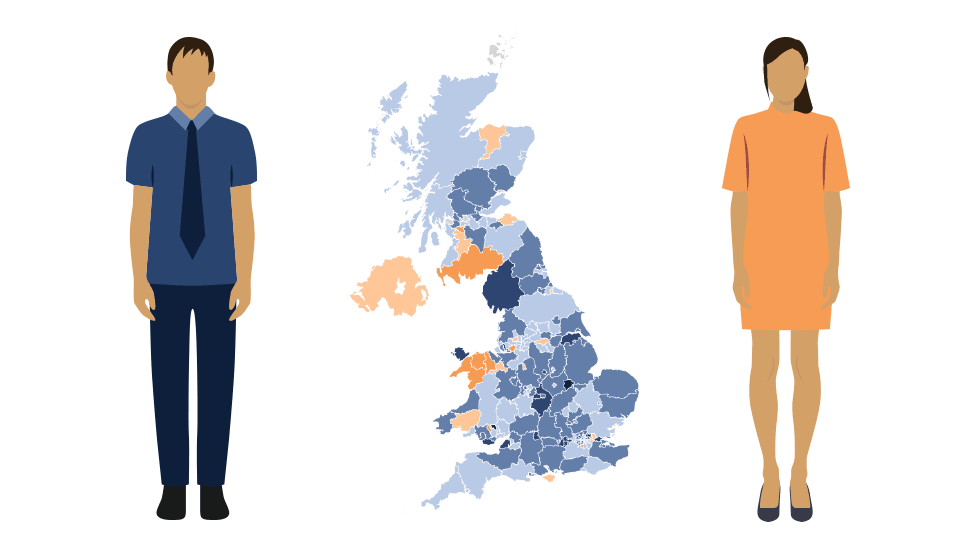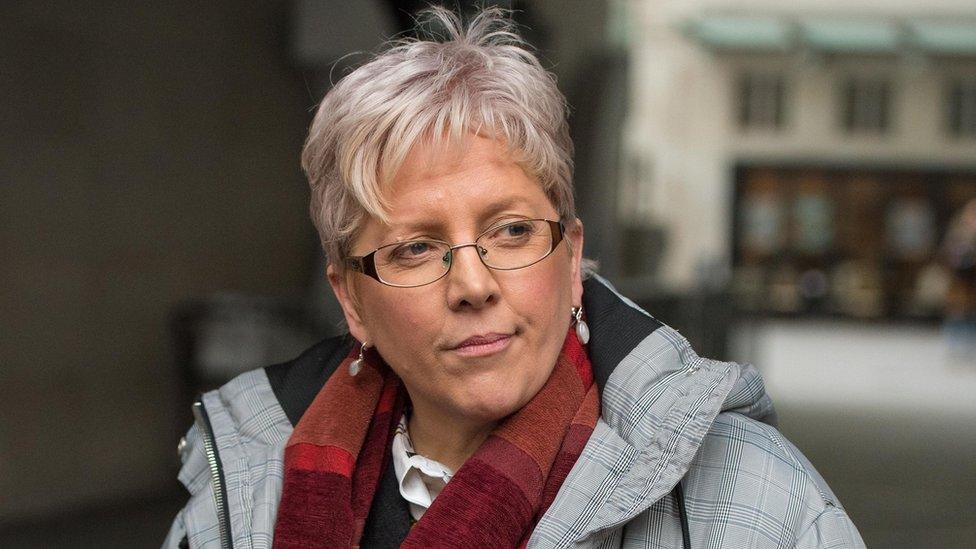Gender pay gap 'widens as women get older'
- Published

The ONS found the gender pay gap was entirely in favour of men in every occupation.
The difference between what men and women get paid widens as women get older, new research shows.
The Office for National Statistics found, external pay differences were smaller at younger ages, but increased from 40 onwards, reaching a peak between 50 and 59.
It also found the gender pay gap was entirely in favour of men in every occupation.
The government said it was taking action to address pay discrepancies.
The ONS said the increased pay gap for older women could be explained by taking time out, possibly to have children.
It added: "When we modelled the factors that influence pay, the results showed that both men's and women's pay grow for most of their lives.
"Overall, women's pay grows less than men's and also stops growing earlier than men's pay. This applies to both the private and public sectors."
What is the gender pay gap like where you are?
According to the agency, men's pay increased by 10.4% to an average rate of £14.48 an hour between 2011 and 2017.
That compared with a 12% rise for women to £13.16.
On average, men were paid £1.32 an hour more than women last year, a gap of 9.1%, according to the ONS.
It found occupations with the smallest pay gap have almost equal employment levels between men and women.
Dawn Butler, shadow minister for women and equalities, said the government was failing to tackle the gender pay gap.
"There is still a lot of progress to be made in terms of gender equality and achieving equal pay is one of them," she said.
But a government spokesperson said it was committed to eliminating pay discrepancies.
"Action taken by this government means that we are one of the first countries in the world to require all large employers to publish their gender pay gap and bonus data. This is not an option, it is the law."
- Published6 January 2018

- Published10 November 2017

- Published9 January 2018
